Title:
Screenouts, Shutdowns, and Delays: Driving Operational Awareness in the Haynesville Through Smart Stage Categorization
Abstract:
Optimizing well performance while reducing costs remains a top priority for operators, yet traditional, siloed approaches to data analysis often hinder efficiency. This talk presents a structured, data-driven methodology for categorizing hydraulic fracturing stages to identify deviations from pumping designs that lead to increased costs, inefficiencies, and unpredictability. By automating the detection of operational issues and distinguishing between surface- and subsurface-driven problems, stage categorization enables faster troubleshooting, optimized resource allocation, and enhanced decision-making. Integrating time-series and wellbore design data uncovers links between operational challenges and geological variability, providing actionable insights for post-job analysis and real-time decisions. This approach lays the groundwork for predictive analytics and scalable, basin-wide applications—empowering operators to move from reactive issue management to proactive, data-driven optimization
Bio:
Jessica Iriarte – General Manager of Completions at Corva
Jessica Iriarte is the General Manager of Completions at Corva. With 13+ years of international experience in data science, research, and operations. She’s an inventor with four patents, former SPE distinguished lecturer, and has held several leadership roles in SPE. Jessica has a BS and MS degree in Petroleum Engineering.
Jessica is committed to cultivating a diverse and inclusive work environment. She’s relentlessly curious and constantly finding different ways to connect with nature, usually by hiking, camping, and gardening.
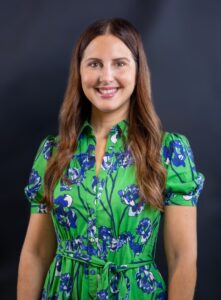


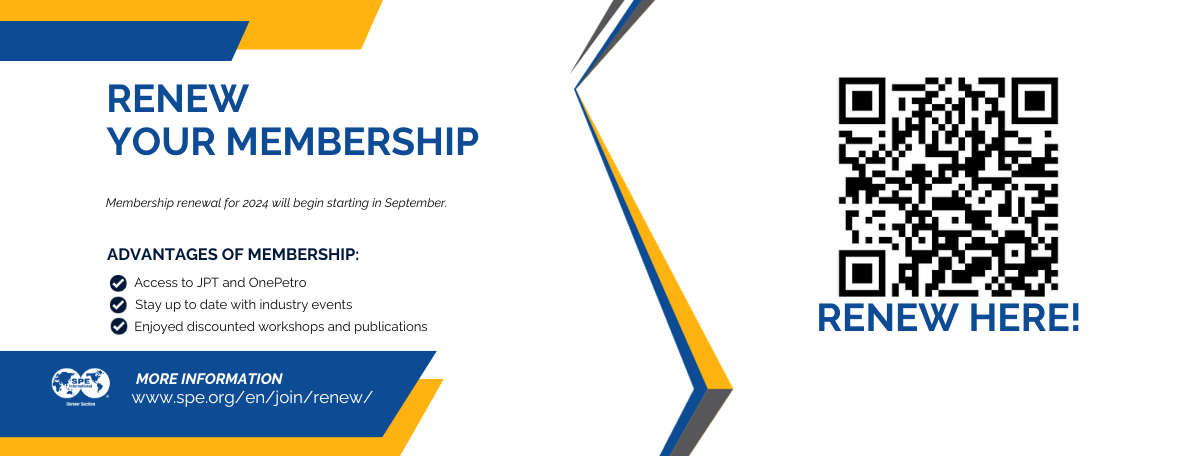
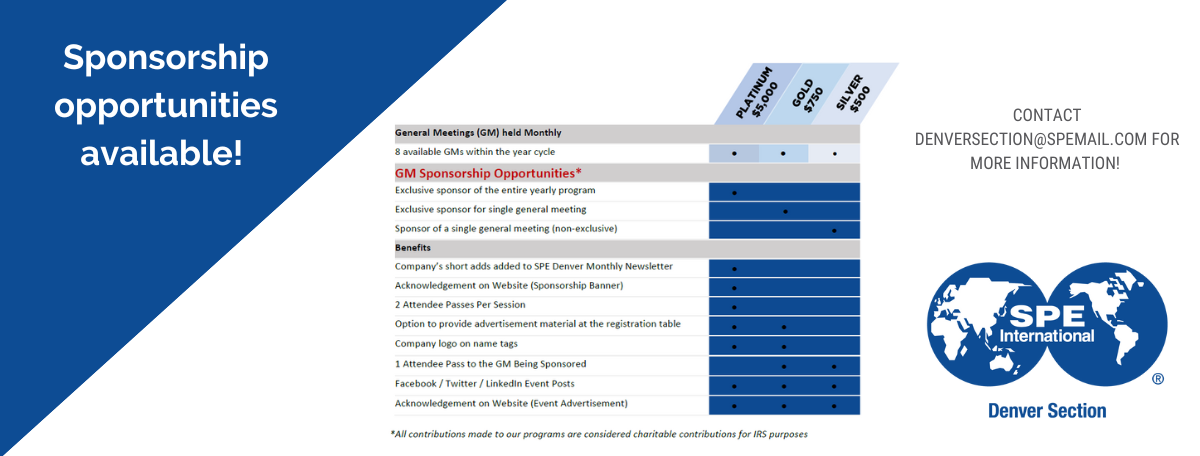
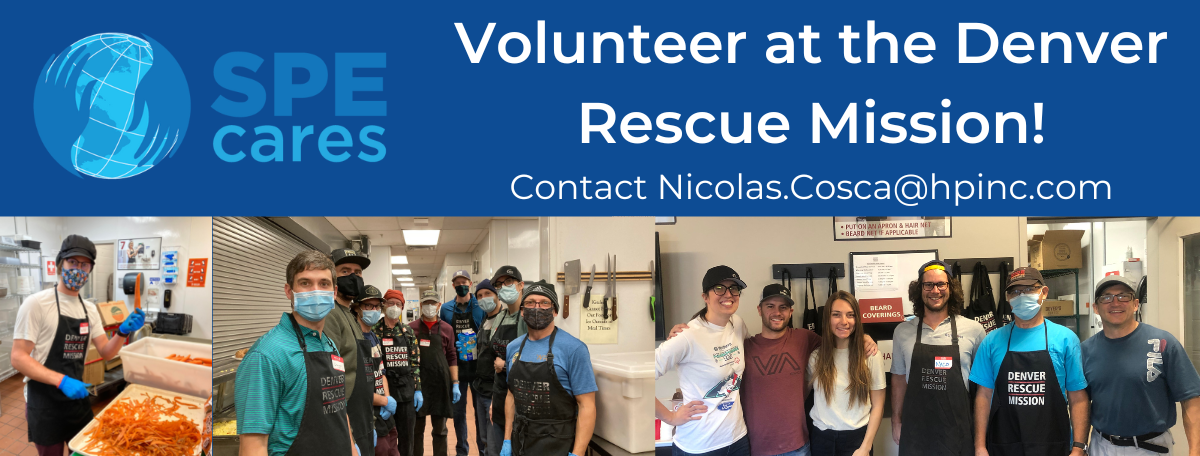
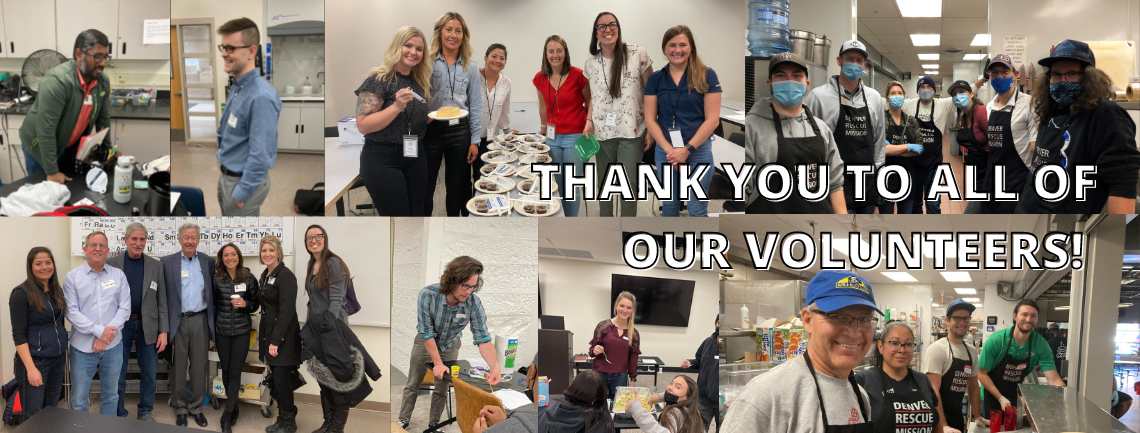




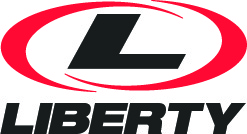




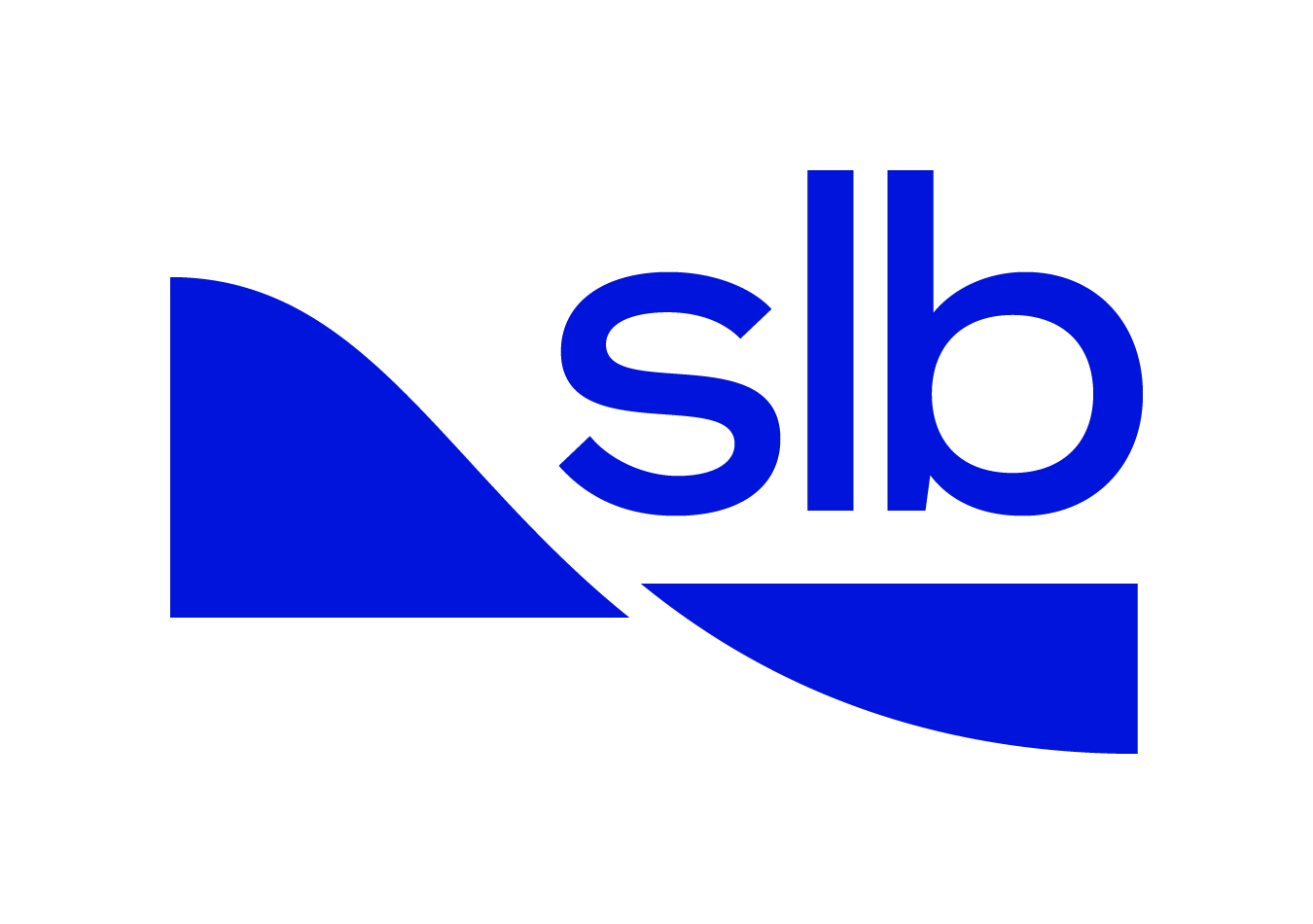
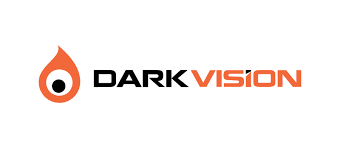
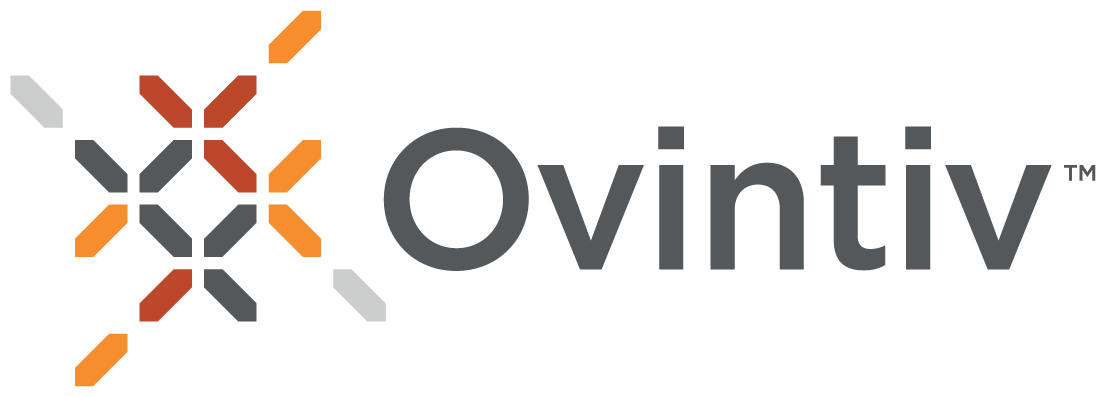

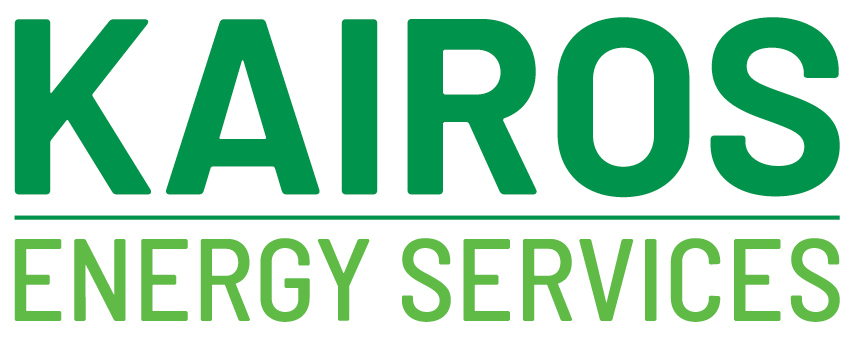





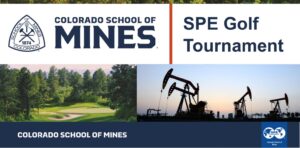

 Where: The Ridge at Castle Pines North
Where: The Ridge at Castle Pines North When: April 24th, 2025
When: April 24th, 2025